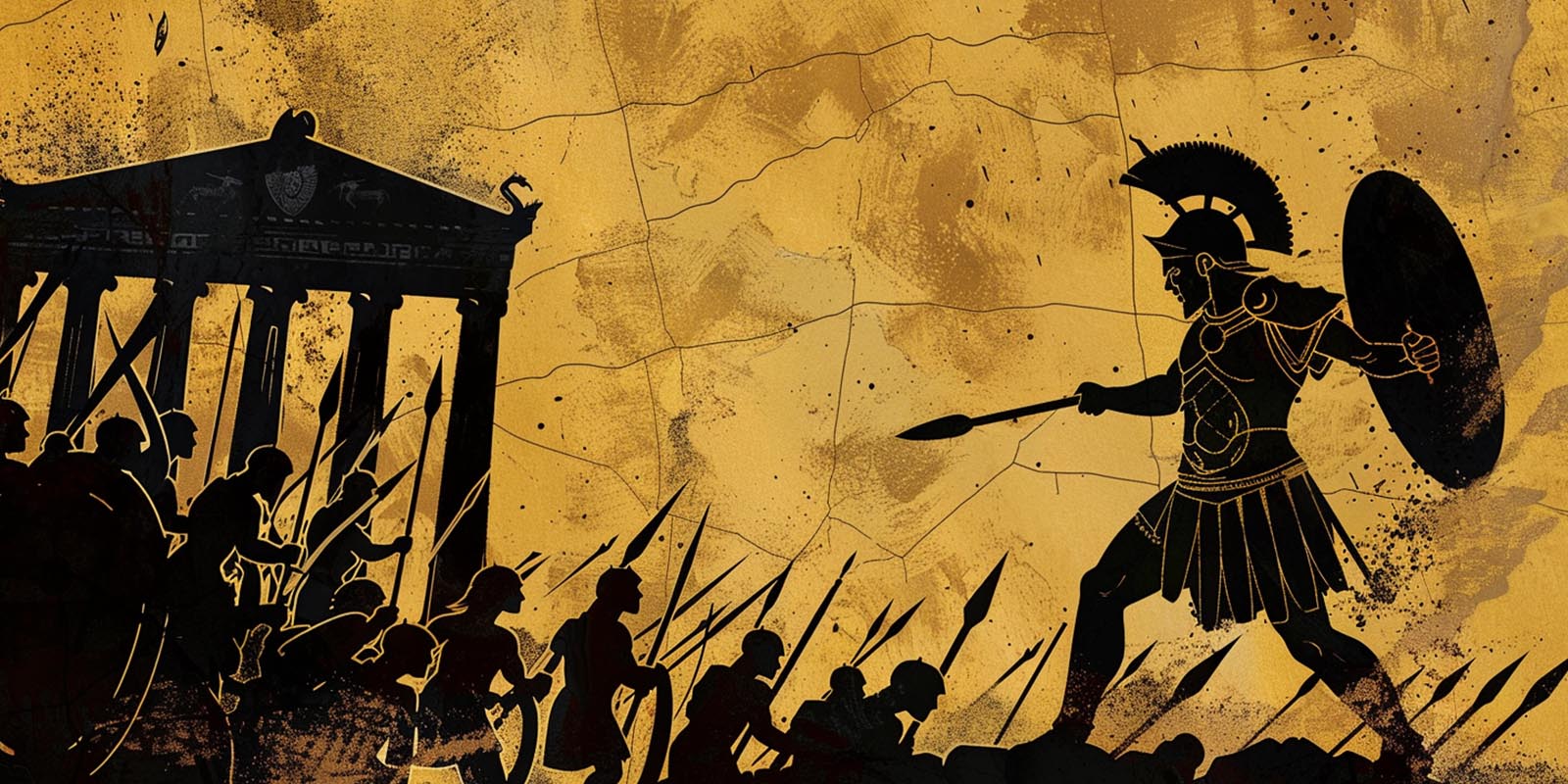

Ancient Greece is celebrated for its remarkable military generals, whose strategies and leadership shaped the course of history and warfare.
These generals not only led armies into significant battles but also pioneered tactical and strategic innovations that are studied and admired to this day. Their exploits provide us with detailed insights into the military practices, political maneuvers, and cultural values of ancient Greek society, forming a crucial part of our understanding of the past.
Military generals in Ancient Greece played a vital role in defending their city-states and expanding their territories. They commanded troops with skill and precision, often traveling extensively and engaging in complex diplomatic relations to secure alliances and victories. This dedication to military excellence marked
the beginnings of sophisticated warfare strategies, distinguishing Greek military leadership from mere combat prowess.
Greek generals emphasized the importance of discipline, training, and innovative tactics. They sought to achieve not just victory in battle, but a deeper understanding of strategic advantage, examining enemy strengths and weaknesses with a critical eye. This approach involved evaluating various sources of intelligence, including reconnaissance, espionage, and direct observation, to develop effective battle plans and maneuvers.
The legacy of ancient Greek military generals extends far beyond their own era. Their campaigns and strategies have served as foundational texts for military historians and tacticians, influencing the development of military theory and practice throughout the centuries. The emphasis on strategic planning, battlefield innovation, and leadership set high standards for military conduct, which have been emulated and built upon in subsequent generations.
Pericles was a prominent and influential Greek statesman and general during Athens' Golden Age. He led Athens during the early part of the Peloponnesian War and was instrumental in the development of Athenian democracy and the Athenian empire.
More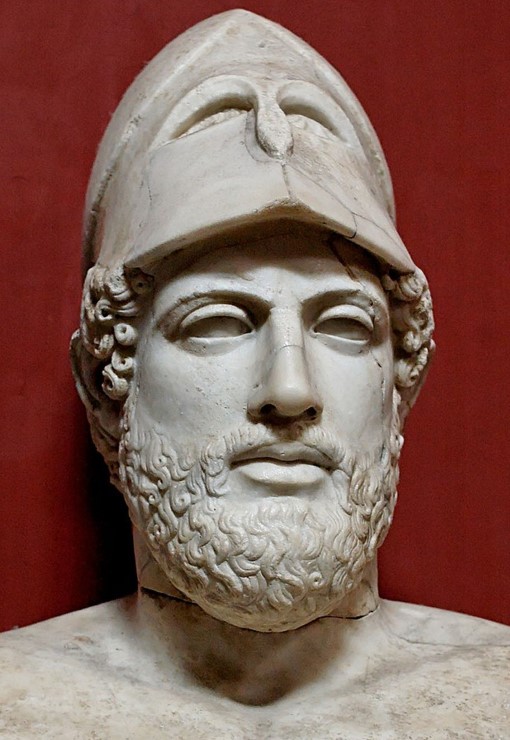
Leonidas I was a king of Sparta, best known for his leadership at the Battle of Thermopylae, where he and his 300 Spartans made a legendary stand against the much larger Persian army led by Xerxes I.
More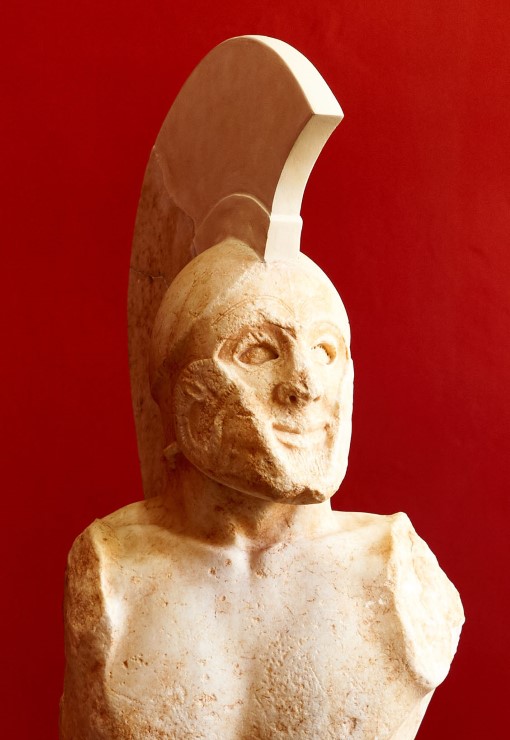
Darius I, also known as Darius the Great, was a Persian king who expanded the Persian Empire to its greatest extent. He organized the empire and secured its borders, but his invasion of Greece ended in defeat at the Battle of Marathon.
More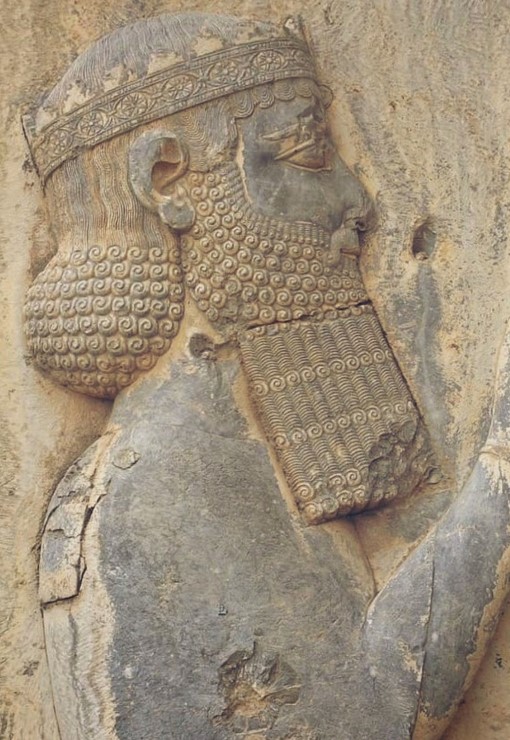
Xerxes I was a Persian king who led the second Persian invasion of Greece. His forces achieved several victories but ultimately faced a significant defeat at the Battle of Salamis, which marked the turning point in the Greco-Persian Wars.
More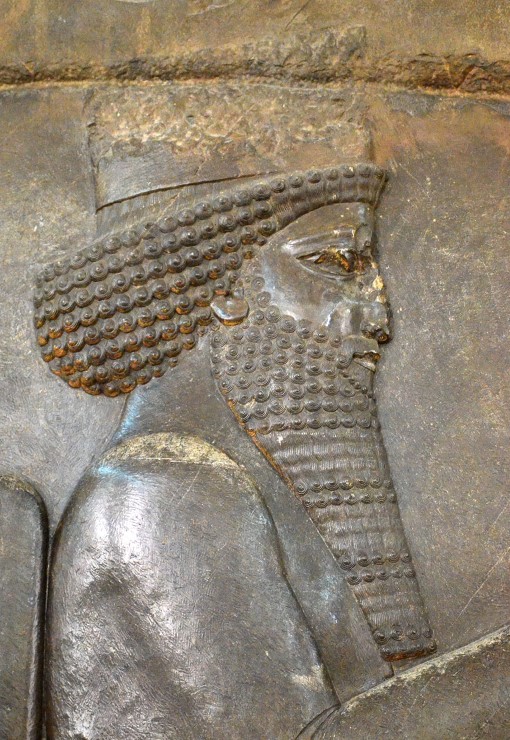
Phillip II of Macedon was the father of Alexander the Great and the king who set the stage for Macedonia's dominance over Greece. His military reforms and conquests greatly expanded Macedonian power.
More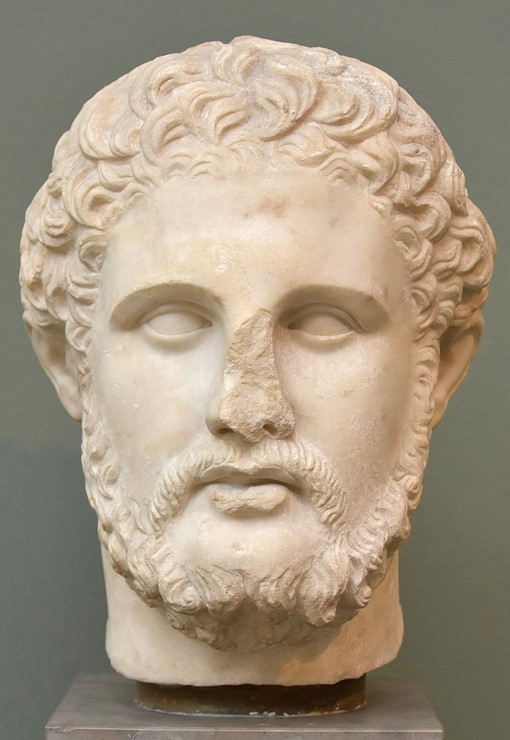
Alexander the Great, son of Phillip II, is one of history's most renowned military leaders. His conquests created one of the largest empires of the ancient world, spreading Greek culture and influence throughout the known world.
More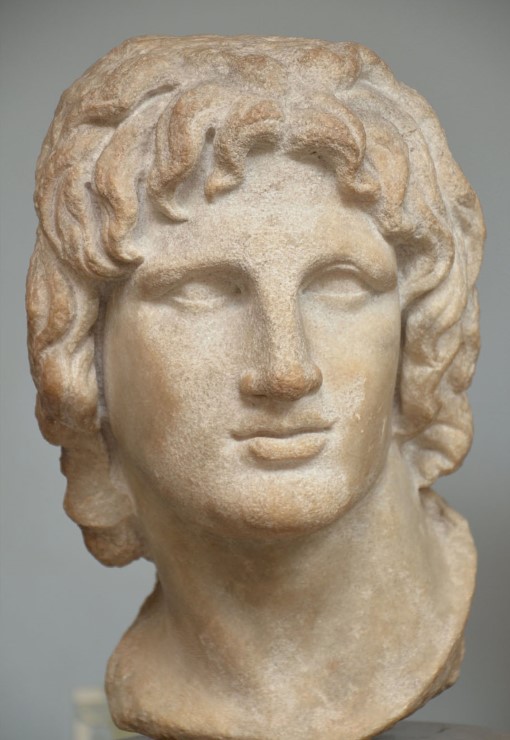
Ancient Greek art and architecture, with its harmonious proportions and timeless elegance, continue to inspire awe and admiration millennia later.
Discover
Greek mythology, a rich tapestry of gods, heroes, and mythical creatures, captivates the imagination with its tales of love, betrayal, and epic adventures that delve into the depths of the human psyche.
Discover
Ancient Greek history, marked by remarkable achievements in democracy, philosophy, and warfare, shaped the foundation of Western civilization, leaving an indelible legacy of innovation and cultural influence that continues to resonate to this day.
Discover
The ancient Greek Olympics, held in Olympia every four years, celebrated athleticism, unity, and cultural pride, serving as a testament to the enduring spirit of competition and excellence that transcends time and borders.
Discover
Ancient Greek wars, such as the Persian Wars and the Peloponnesian War, were pivotal conflicts that shaped the course of history, highlighting the struggle for power, independence, and the clash of civilizations in the ancient Mediterranean world.
Discover
Ancient Greek culture and society, characterized by its emphasis on art, philosophy, and civic engagement, fostered a vibrant intellectual and social landscape where innovation flourished, democracy thrived, and the pursuit of knowledge and excellence was celebrated as fundamental values of civilized life.
Discover
Find out more about ancientgreece.com